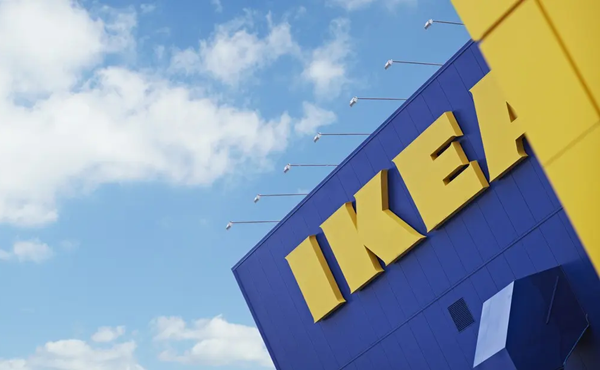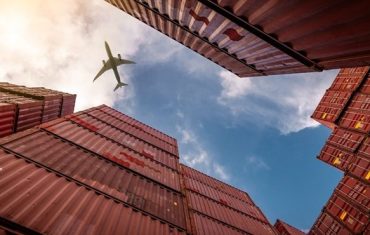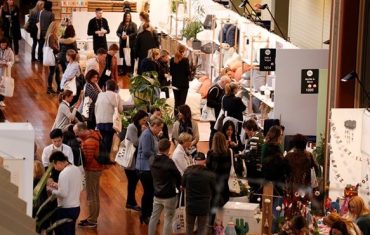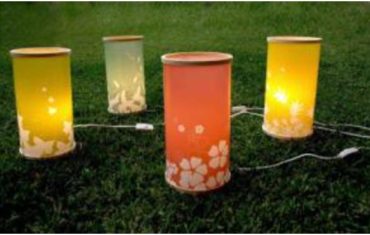IKEA has been named one of three global leaders in a new climate report that highlights a progressive shift, with companies ditching ‘net zero’ pledges for ‘real zero’ targets.
According to a Climate Integrity report, there is a shift from ‘net zero’ to ‘real zero’ strategies—a science-based approach to decarbonisation that phases out fossil fuels without reliance on offsetting.
“At IKEA, we’ve achieved a reduction in our operational climate footprint by 89 per cent since FY16, while growing revenue by 68 per cent,” says Lauren Sinfield, public affairs leader at IKEA Australia and New Zealand.
“These results show that investing in rapid decarbonisation initiatives and delivering commercial success is absolutely achievable.

“In Australia, we recently completed a large-scale PV solar and battery installation at the Marsden Park distribution centre—the beating heart of our fulfillment operations. This project takes onsite renewable power generation to around 70 per cent of energy requirements, which is significant and with battery storage capable of supporting the 24-hour operations at the site.”
IKEA, one of Australia’s largest retailers, has set ambitious goals to go completely circular, phase out fossil fuels and reduce 90 per cent of its emissions by 2050.
This means everything they make can be repaired, reused, resold or recycled at its end life. It launched its own second-hand online marketplace ‘IKEA Preowned’ in 2024. In its first year (FY24), IKEA Australia diverted more than one million products from landfill, with almost 36,000 products bought and re-sold in its Buy Back service and 37,000 customers using IKEA Australia’s free spare parts offer.
Main image: IKEA Stockholm range







